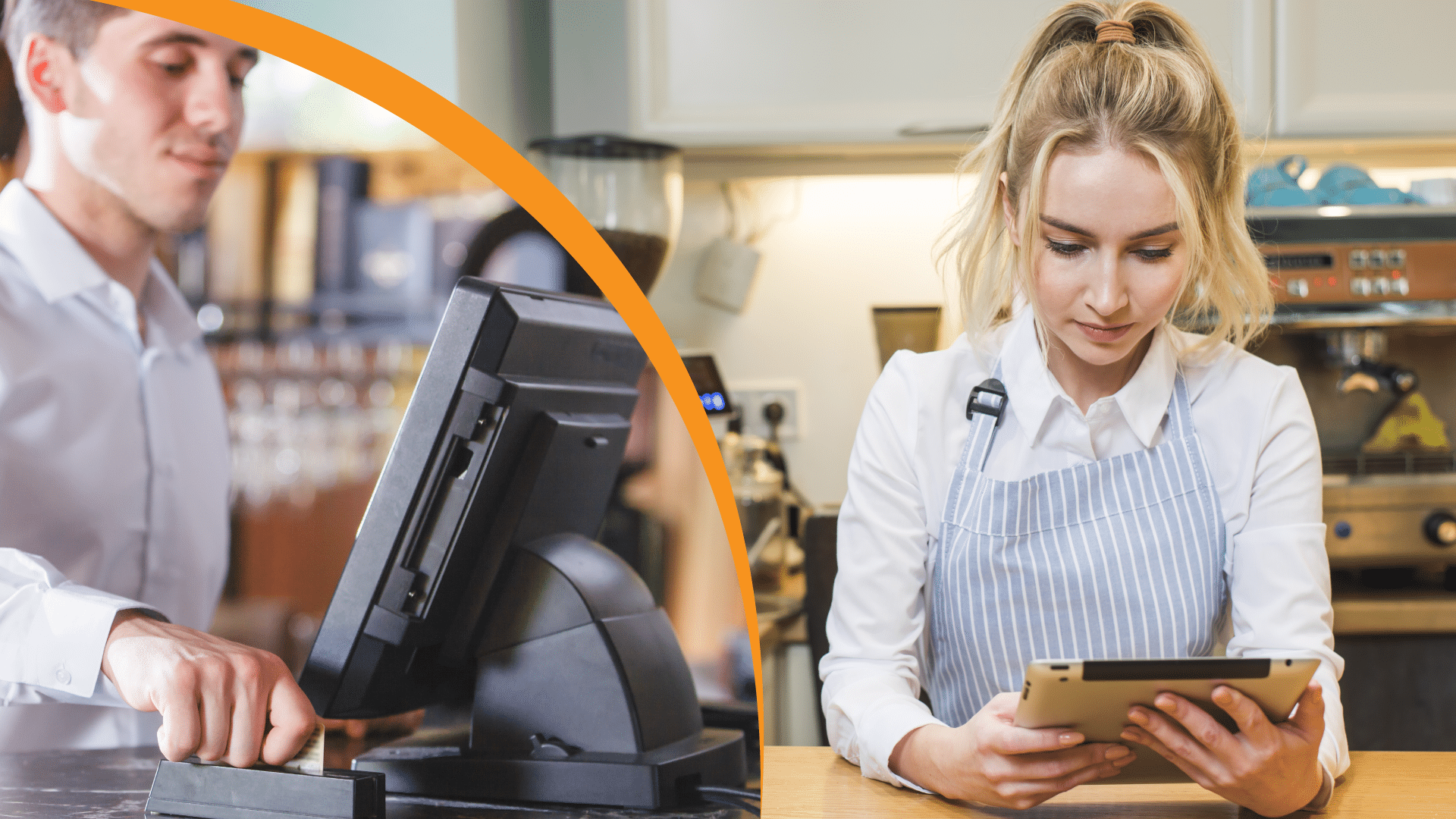For a long time, the term Point of Sale POS referred to a cash register hidden behind counters. But in today’s rapidly changing business world, it has evolved to become a flexible, intelligent, and mission-critical system that can support not only transactions but the whole customer experience.
The way that consumers interact with companies, shop and dine has changed fundamentally. They are demanding speed, flexibility and a personal touch no matter the industry. The current POS system is a great option to streamline your company. It connects all the different parts of a company to create a efficient solution.

POS Systems are Business Intelligence Hubs
The term point of sales has evolved. No longer is it merely about completing a purchase it’s about gathering data, optimizing operations, and enhancing customer relationships. A point of sale POS does much more than just accept payments. They track inventory, monitor productivity and generate reports that can be used to make decisions about sales and even help identify purchase patterns by season and customer segment.
Imagine a boutique that is small in size that uses a POS system for retail. Instead of having to manually count stock or figuring out what trends are in fashion, the POS platform automatically tracks top sellers, issues alerts for low-stock, and even suggests the reordering of items based on current trends. With cloud-based connectivity, that owner is able to check the performance of their store on a daily basis from their mobile without leaving the store.
Industry-Specific Flexibility
Modern POS software is adaptable to all vertical markets. Restaurants, for example, require real-time ordering to the kitchen as well as tip tracking. Additionally, they require payment options for tables. Beauty salons depend on customer history and management of prepaid packages, and appointment scheduling. The requirements for these salons are very different and the best point of sale POS systems are specifically designed for.
The two businesses are bonded by the need for smart automated systems and simple. While a bar could prioritize tap-to-pay terminals, while hardware shops might concentrate on barcode scanning and the synchronization of inventory across departments, and a quick payment. A great POS point of sale system is able to adapt to all of them without any hassle.
Payment Security Integration
Security isn’t an option anymore, it’s required. Businesses that accept digital payments or cards need to safeguard the information. A reliable points of sale POS systems now come embedded with payment integrations that allow secure, end-to -end encrypted processing through trusted names like Chase, Moneris, and First Data.
The integration is not only about security. It’s also about speed. Also, it’s about speed. A system that is unified, combining the processing of payments and tracking sales helps businesses close faster and more precisely reconcile their accounts and reduce the stress of end-of-day.
Expanding Your Business Not Against It
Smaller businesses, particularly tend to forget the importance of the ability to scale. Many start with basic setups and then discover months later that their POS isn’t able to accommodate multiple locations, loyalty programs, and online order. Modern POS systems are designed to grow with the company, from a sole owner to the level of a franchise.
Retailers are the biggest beneficiaries of retail POS platforms that connect purchases made at the store to eCommerce platforms. This seamless integration makes sure that inventory information is always up-to-date. Customers get a single experience, and business owners need not need to manage multiple platforms.
Conclusion: Smarter sales start with the Point of Sale
The point of sale POS has developed a lot since just being a transaction tool. Today, it’s a vital aspect of how businesses learn and grow. When they invest in a customized efficient, secure, and reliable point of sale POS systems, businesses aren’t just improving their checkout processes but are also laying an online foundation for the long-term success.
The business cannot afford, as customer expectations increase to think of the POS device as a secondary consideration. In many ways, the true vitality of a modern business is right where the sales happen.